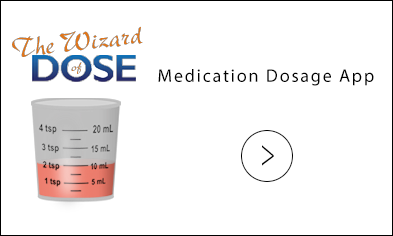
Hives
Hives are itchy red blotches that occur in reaction to food ingestion or external contact with an irritant. Most hives break out within a few minutes, although they sometimes take a few days to appear. Once in effect, the blotches wax and wane during the day and last about a week. Normally, hives are not accompanied by breathing difficulties. If they are, that could signal a real allergic reaction that should be treated as a potential emergency.
Hives are often grouped with allergies, and while this is somewhat justified, hives are much more difficult to track back to an allergen. They can occur erratically: You could eat the same food for years without a reaction and then suddenly develop hives. Even if you identify a hive-producing food, repetitive contact will not necessarily trigger a subsequent reaction.
The itching that hives cause can be severe enough to drive Jimmy absolutely crazy. You can control it with short-acting antihistamines such as Benadryl, which are the most efficient option and can be taken as often as every six hours, in spite of their side effects; a little drowsiness is much more bearable than the infernal itching. If Jimmy isn’t itching, he doesn’t need any antihistamines. When hives last longer or are more intense, your doctor may prescribe a short course of oral steroids, which will reduce the intensity and duration of the episode.
Hives are notoriously mysterious. If you’re lucky, you may be able to trace their origin to a new laundry detergent or food, though you’ll often end up scratching your head while Jimmy’s scratching his arm. Don’t spend too much time trying to put your finger on the trigger so to speak. Consider allergy testing only if the episodes recur again and again.




 MEDICATION DOSAGE
MEDICATION DOSAGE

